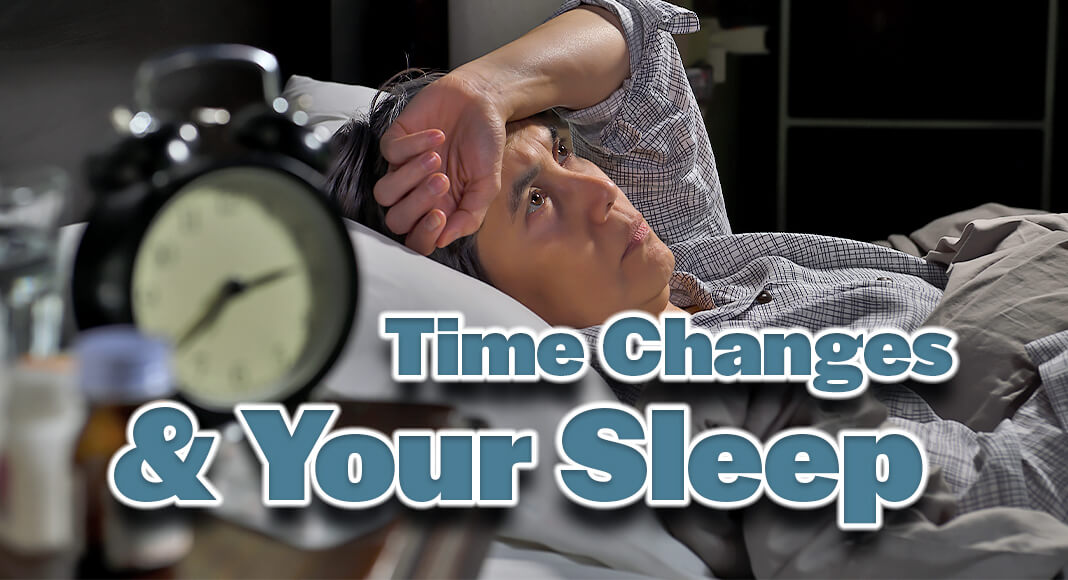
Mega Doctor News
CLEVELAND CLINIC – In less than two weeks, we’ll spring forward with the time change.
And for many people, losing one hour of sleep can be pretty disruptive.
“With the shift forward in the springtime, we lose one hour of sleep. And that may not seem like a lot, but there’s a couple of important points, one being that it takes time for our circadian rhythm to become aligned again with the light dark cycle, with sunlight and darkness,” explained Nancy Foldvary, DO, neurologist and sleep specialist for Cleveland Clinic.
Dr. Foldvary said most adults are already sleep deprived, so losing another hour can have a significant impact.
For example, a person may notice they’re more irritable or moody.
They may also feel tired, which can be incredibly dangerous if they’re driving.
Every year there are reports of car accidents on the Monday right after the time change.
There’s also a rise in heart attacks, stroke, depression and suicide.
Dr. Foldvary said it’s unclear why that is exactly.
So, what can people do to help adjust to the time change?
She recommends going to sleep earlier, keeping your bedroom dark and avoiding electronics in there as well.
“As is common things that really can affect our sleep, like avoiding alcohol before bedtime, like avoiding heavy exercise before bedtime, which is stimulating, doing exercise in the morning, using caffeine strategically in the morning and not later in the day,” she said. “These are all things that collectively help us promote good sleep anytime, but they’re particularly helpful around times of potential sleep loss.”
Dr. Foldvary said if your sleep issues don’t seem to be resolving after a couple of weeks or months, it’s best to consult with a physician.








